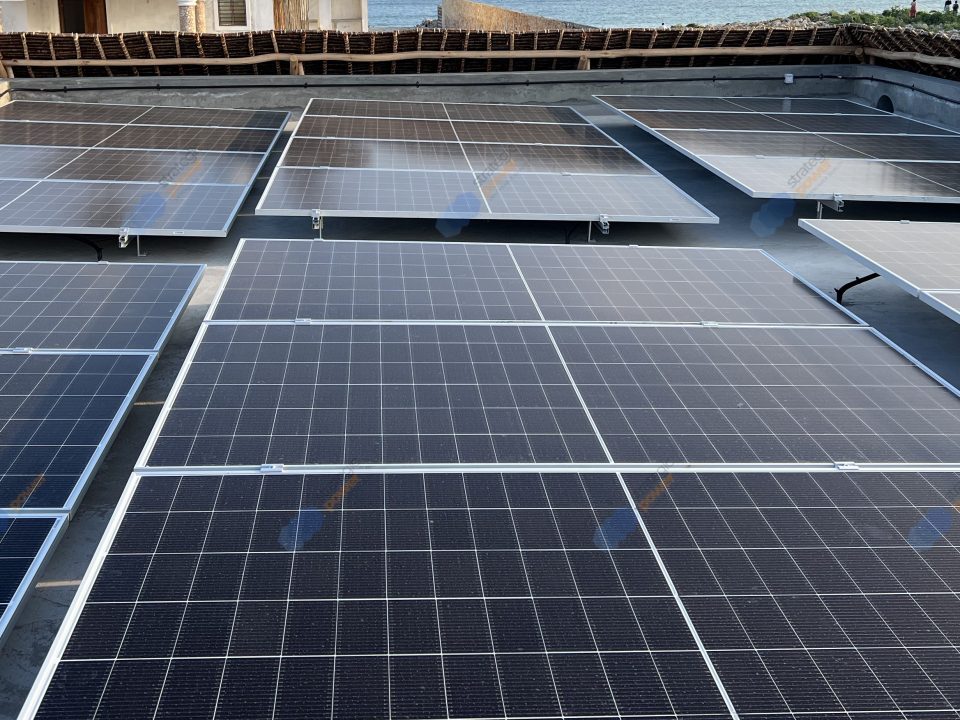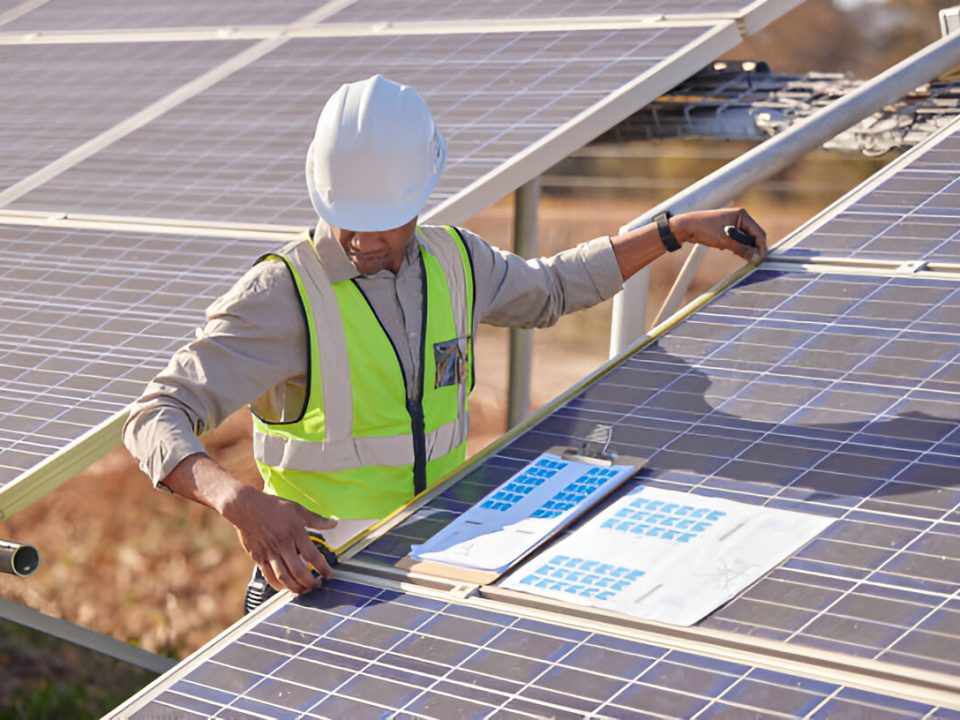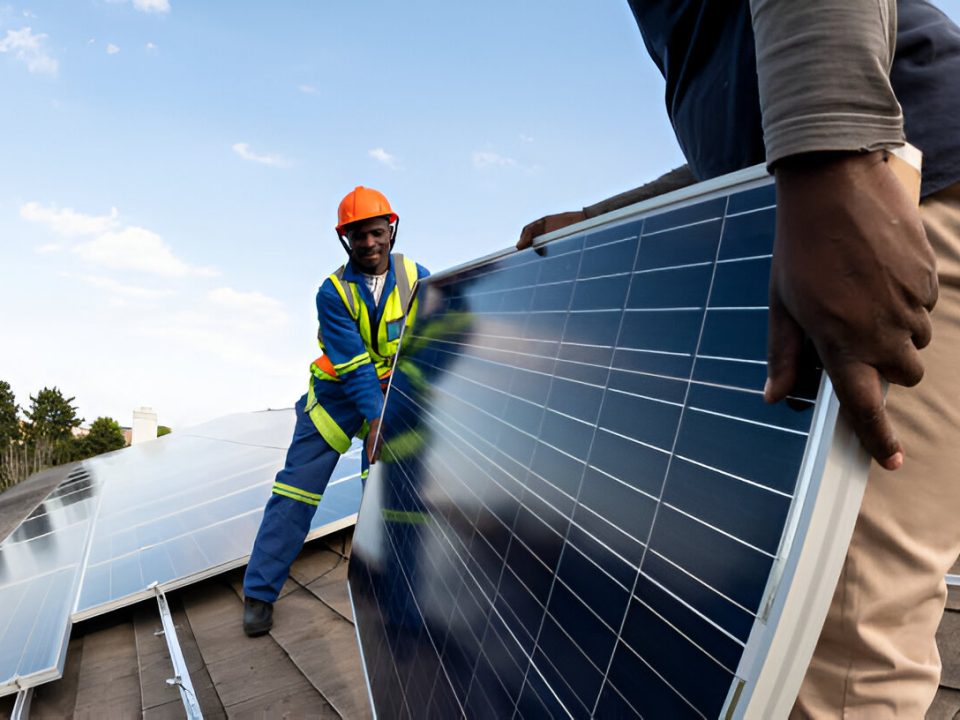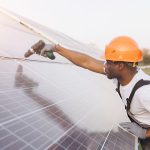
Solar Energy Incentives and Policies in Kenya: What You Need to Know
February 5, 2025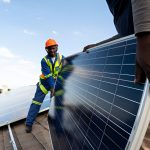
The Best Solar Panel Brands and Systems Available in Kenya
February 24, 2025In recent years, solar energy has become an increasingly popular and cost-effective solution for powering homes, businesses, and institutions across Kenya. As electricity prices continue to rise, the demand for affordable solar panels has surged, offering a viable alternative that reduces energy costs and supports a greener future. In this guide, we’ll explore the cost of solar panels in Kenya, factors influencing pricing, and the installation process, helping you make an
informed decision about switching to solar energy.
Why Choose Solar Panels in Kenya?
Kenya boasts abundant sunshine throughout the year, making it an ideal location for solar energy generation. The Kenyan government has also been actively promoting renewable energy, offering incentives and support to encourage the adoption of solar systems. With the right solar panel installation, you can reduce your electricity bills, enjoy uninterrupted power supply, and contribute to environmental conservation.
Cost of Solar Panels in Kenya
The price of solar panels in Kenya varies depending on a range of factors such as the type of panel, the brand, the capacity of the system, and the size of your property or energy needs. Generally, solar panel systems in Kenya can cost anywhere from KES 50,000 to KES 500,000 or more. Here’s a breakdown of typical costs:
Small Residential Systems (1kW – 3kW):
These systems are ideal for small households or businesses with limited energy needs.
Estimated cost: KES 28,000 to KES 100,000
Medium Residential Systems (4kW – 7kW):
Suitable for larger homes or small to medium businesses.
Estimated cost: KES 110,000 to KES 140,000
Large Commercial Systems (10kW and above):
These are ideal for large homes, commercial buildings, or industrial use.
Estimated cost: KES 270,000 to KES 350,000+
Factors Affecting the Cost of Solar Panels
Several factors determine the final cost of solar panel installation in Kenya:
Solar Panel Quality:
Higher-quality panels often come with better efficiency and longer warranties, but they may come at a higher upfront cost. System Capacity: The more electricity you need to generate, the larger and more expensive your solar panel system will be.
Type of Panels:
There are different types of solar panels available, such as monocrystalline, polycrystalline, and thin-film. Monocrystalline panels tend to be more efficient and expensive, while polycrystalline panels are more affordable but slightly less efficient.
Inverter and Battery:
If you plan to store solar energy, you’ll need a battery and inverter, which can add to the total cost. While grid-tied systems may not need batteries, off-grid systems will require energy storage solutions.
Additional Costs to Consider
Apart from the cost of the solar panels themselves, there are several other factors that can influence the final installation cost:
Installation Costs:
Depending on the complexity of the installation and the location of your property, installation costs can vary. On average, expect to pay around KES 30,000 to KES 180,000 or more for professional installation.
Maintenance and Repairs:
While solar panels are low-maintenance, it’s still important to budget for occasional cleaning and maintenance. Some installers like Strategic Power offer maintenance packages, so inquire about these options when getting quotes.
Permits and Fees:
Depending on local regulations, you may need permits or certifications for your solar installation. Ensure you inquire about any required documentation or fees.
Solar Panel Installation Process in Kenya
Installing solar panels is a relatively straightforward process, but it requires careful planning to ensure optimal performance. Here’s a general overview of the steps involved:
Site Assessment and Energy Audit:
A professional installer will visit your property to assess your energy needs and evaluate the best placement for your
solar panels.
System Design and Proposal:
Based on the assessment, the installer will design a customized solar system that meets your energy needs. A proposal outlining the system capacity, components, and costs will be provided.
Installation:
Once you approve the design, the installation process begins. The panels are typically mounted on your roof, and the inverter and other components are installed. The installation may take one to three days depending on the complexity of the system.
Connection to the Grid (if applicable):
If your system is grid-tied, the final step is connecting it to the national grid. This ensures that excess energy
can be fed back into the grid, and you can receive compensation for the power you generate.
System Testing and Commissioning:
After installation, the system will be tested to ensure it is working properly. You’ll be shown how to monitor and
maintain your solar system for optimal performance.
Conclusion
Solar energy is a great investment for households and businesses in Kenya looking to reduce their electricity bills and contribute to a sustainable future. While the initial cost of solar panels may seem high, the long-term savings and environmental benefits make it a worthwhile investment. By understanding the factors that influence the cost of solar systems and following a proper installation process, you can enjoy affordable and reliable solar energy for years to
come.
Looking for affordable solar panels in Kenya? At Strategic Power, we’re committed to helping you make the switch to solar energy with ease and confidence. Ready to take the first step? Contact us today for a free consultation and let us guide you toward a brighter, solar-powered future!

